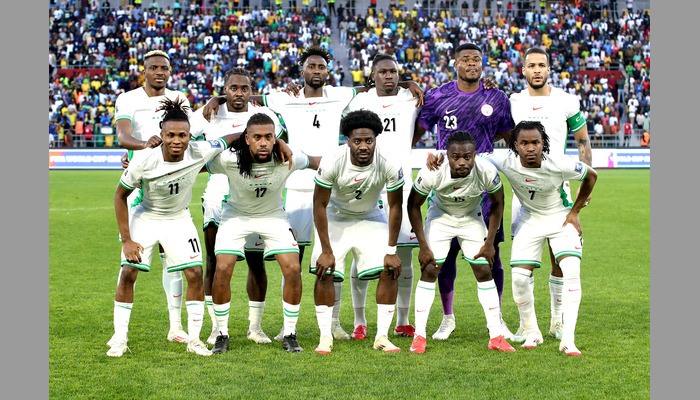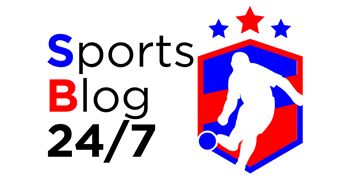
Lost Wings: How the Super Eagles Struggled to Find Their Flight
Once upon a time, the Nigerian Super Eagles were feared across the world. With lightning-fast wingers, playmakers who painted the pitch with artistry, and strikers who struck terror in the hearts of defenders, Nigeria’s identity on the football field was unmistakable. They danced with flair, attacked with rhythm, and defended with pride.
But in the race to qualify for the 2026 World Cup, something feels broken.
Drawn into a group with South Africa, Zimbabwe, Rwanda, Benin Republic, and Lesotho — a pool many considered manageable — Nigeria now sits in fourth place with just 7 points out of a possible 18. The once-mighty Eagles have become unrecognizable. They are no longer soaring; they are stumbling.
The Super Eagles were once defined by their high-octane, attacking style: skillful dribblers tearing down the flanks, midfield magicians threading inch-perfect passes, and lethal finishers converting with ease. Today, the team plays with a disjointed, uninspiring “kick-and-follow” approach — a far cry from the glory days.
It isn’t the players who are to blame. The talents are there — from Osimhen to Lookman. What’s missing is an identity, a philosophy, and the leadership to build a team rather than just a squad of individuals.
In the past, the likes of Mudashiru Lawal, Okocha, Mikel Obi, and Segun Odegbami not only entertained but carried the nation on their backs. The wings were commanded by artists like Finidi George and Amuneke, while Rasheed Yekini and Julius Aghahowa led the line with lethal precision. These weren’t just players — they were symbols of a nation’s footballing identity.
But that identity began to erode under poor football administration. When Amaju Pinnick handed the coaching reins to Sunday Oliseh, it sparked a journey into chaos — a team divided, plagued by favoritism, and stripped of tactical coherence. Promised a Pep Guardiola-style revolution, Nigerians got confusion instead.
The current leadership under Ibrahim Gusau has only deepened the cracks. The appointment of Finidi George and the rumored involvement of Eric Chelle have yet to inspire confidence. Instead of a clear tactical vision, the Eagles look more like a group of strangers in the same jersey.
Under coaches like Clemens Westerhof, Nigeria had cohesion, vision, and style. The 1994 World Cup and the 1996 Olympics showcased a Super Eagles side that played with both swagger and strategy — and earned the world’s respect.
Now, imagine Osimhen and Lookman being fed by the likes of Okocha or Mikel. Imagine a midfield that dominates transitions and controls games. That vision isn’t impossible — but it requires planning, identity, and belief.
To return to glory, Nigeria must stop merely assembling players and start building a team. The administrators must look back at the playbook of 1994 and 1996. They must seek a world-class coach who can restore belief and inject identity into the team.
Football remains one of the few unifying forces in Nigeria — it deserves better. The Super Eagles must rediscover their wings and soar again.
